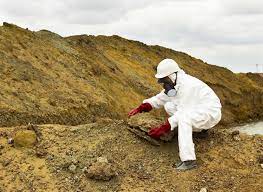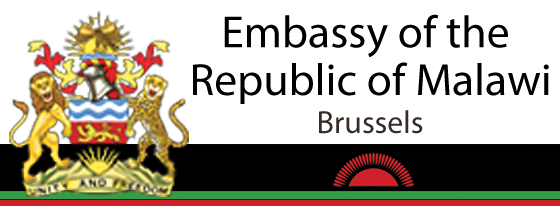E
nvironmental degradation is a serious issue in Malawi, with equally serious economic implications. Productivity of major crops is significantly below potential yields due in part to reduced soil fertility caused by unsustainable land use practices.
The PEI Malawi country programme was initiated in 2009 to support the government in addressing these problems. The country programme focuses on integrating sustainable natural resources management into national and sector policy, planning and budget processes. Thereby the country programme is contributing to the achievement of national development goals and the overall PEI Programme outputs.
PEI Malawi is led by Ministry of Economic Planning and Development. In addition various sector ministries such as Agriculture and Food Security, Environment and Climate Change Management, Energy and Mining, Local Government and Rural Development, Tourism, Wildlife and Culture and the Office of the President and Cabinet are involved in the project implementation. PEI Malawi is also closely collaborating with the UNDP CO and is part of the One-UN processes under the UNRC.
Achievements:
- Increased awareness of the poverty-environment nexus among government stakeholders as well as the public following strategic communication at events and through local television, printed and online media.
- The Malawi State of Environment Outlook Report 2010, the Malawi Growth and Development Strategy 2012-2016 as well as the UNDAF include poverty-environment objectives as a result of findings from the PEI supported ‘Economic Valuation of Natural Resource Management’. The study showed that unsustainable natural resource use is costing the country the equivalent of 5.3 percent of GDP each year, more than the total funding allocated to education and health in 2009.


- The 2013 Revised Decentralized Environmental Management Guidelines includes poverty-environment linkages. Following the revision of the guidelines, PEI Malawi supported trainings for district level planners on how to use them in district planning processes. As a result 10 district Socio Economic Profiles and 5 District State of Environment Reports include poverty-environment references.
- Increased Government Commitment to ensure that pro-poor sustainable environment and natural resource funding increases. The Ministry of Finance guidelines for the preparation of the 2013/14 as well as the 2014/15 budget included a chapter on the importance of the alignment with sustainability guidelines. ‘The contribution from prudent use of natural resources, environmental management and climate resilience is crucial for Malawi to achieve national sustainable development. There is need to ensure that all projects comply with environmental sustainability guidelines. This has immense potential to provide benefits from sustainable resource use and management and climate proofing of the economy and presents a rare opportunity for improved livelihoods of present and future generations of Malawians.’
- About 70% of Malawi’s environment and natural resource expenditure between 2006 and 2012 occurred in sector ministries. Sector spending is essential for a holistic approach to sustainability.
- Sustainability indicators included in the agriculture sector monitoring and evaluation framework coordinated with the World Bank. This resulted in the updating of baseline information for soil loss indicators and nutrient use efficiency for the Malawi Growth and Development Strategy and the Agriculture Sector Wide Approach Plan. Following capacity building, Natural resource conservation officers take the lead on data collection and monitoring of sustainability indicators such as water quality. However, adequate data collection and analysis for the indicators remains a challenge.
- The Ministry of Energy together with PEI supported the production, marketing and distribution of energy efficient stoves and briquettes in four districts to demonstrate how the issue of burning charcoal can be addressed. The pilot projects have had important impacts on rural women and the environment. Inspired by these pilot projects the President of Malawi launched a similar initiative in 2013 with the target to produce two million energy efficient stoves under the national cook stove initiative.
- Several draft policy documents reflect poverty-environment linkages as a result of PEI technical advisory services. These include the Fisheries, Forestry and Wildlife Policy and the guidelines for integrating environment and natural resource management into the Executive Decision Making Processes Handbook.
- Malawi’s draft appraisal manual and preparation handbook of the Public Sector Investment Programme includes guidance on poverty-environment related matters. E.g., the handbook recommends that all capital intensive projects need to undertake and comply with recommendations from Poverty and Social Impact Assessments and provides guidance for how to carry out such assessments.


